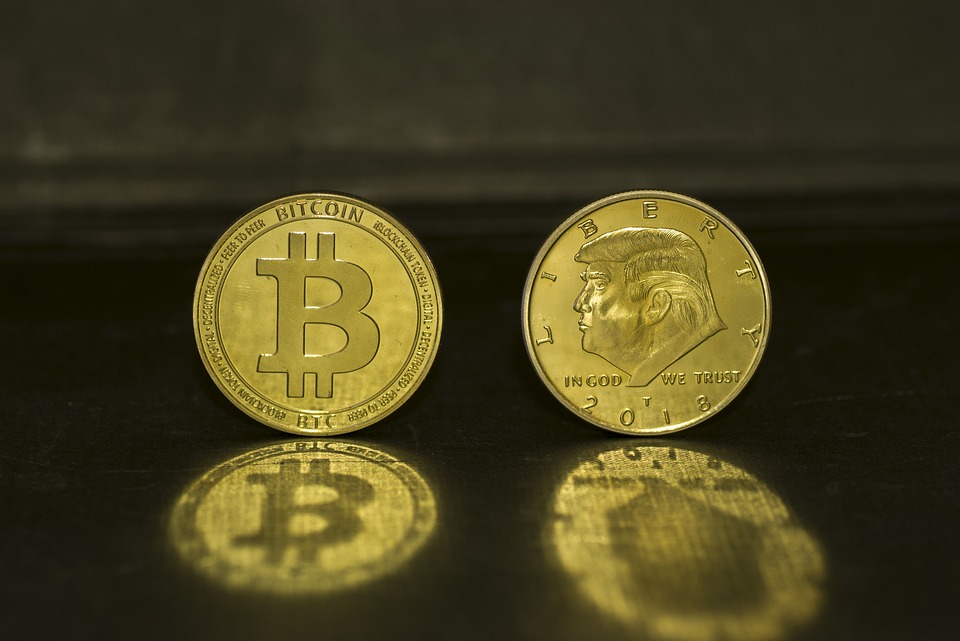The Rise of Retail Trading: What Online Platforms Mean for the Future of Investing
In the last decade, the landscape of investing has undergone a transformative shift attributed largely to the rise of retail trading. Fueled by technological advancements, online brokerage platforms, and social media, individual investors now have unprecedented access to financial markets. This phenomenon begs the question: What does the future of investing look like in an era dominated by retail trading?
The Democratization of Investing
Historically, investing in the stock market was confined to institutional investors and affluent individuals who possessed both the knowledge and resources to navigate complex financial products. However, the advent of online trading platforms has democratized the investment landscape, allowing anyone with an internet connection to trade stocks, bonds, ETFs, and cryptocurrencies. Retail trading platforms such as Robinhood, E*TRADE, and Webull have significantly lowered the barriers to entry, offering commission-free trades and user-friendly interfaces tailored to appeal to novice investors.
This democratization extends beyond access. Educational resources, community forums, and social media platforms like Reddit and TikTok have empowered a new generation of investors with the knowledge and information needed to make informed decisions. Investment strategies that were once the purview of financial advisors have been dissected, discussed, and disseminated by retail investors on various social channels, creating a robust ecosystem for peer-to-peer learning.
The Impact of Technology on Trading Behavior
The integration of technology into trading has dramatically altered investor behavior. Mobile apps, algorithmic trading tools, and real-time data feeds have equipped retail traders to act quickly on market movements and news events. This immediacy can amplify trading momentum, often leading to significant price swings fueled by mass participation. The unprecedented volatility seen in the markets during events like the GameStop short squeeze highlights how retail investors can mobilize quickly and create impactful market movements.
Moreover, gamification has become a key feature of many trading platforms, with interactive elements such as badges and leaderboards designed to engage and retain users. While this aspect can enhance user experience, it also raises concerns about promoting speculative trading behaviors and fostering a "gambling" mindset rather than encouraging long-term investment strategies.
Shifting Market Dynamics
The influx of retail investors has led to a fundamental shift in market dynamics. Traditional market makers and institutional investors are adapting to a landscape where retail trading is increasingly influential. This shift can be seen in moves towards greater transparency, enhanced market analytics, and the need for institutional investors to engage with retail sentiment actively.
Additionally, retail investor participation during periods of market downturns has proven that individual investors are willing to hold positions even amidst volatility. This behavior challenges the long-held belief that institutional investors possess a more significant ability to influence market direction. As retail trading continues to grow, the market becomes more fragmented, with fewer traditional price-setting mechanisms and greater reliance on collective behavior.
Regulatory Considerations
With the rise of retail trading comes an increased scrutiny from regulators. The surge in trading activity has prompted discussions about market manipulation and the responsibility of trading platforms in guiding their users. Cases like the Gamestop saga demonstrated the power of retail investors but also highlighted the risks and ethical concerns surrounding potential market manipulation and the impact of social media on trading decisions.
Regulators are now faced with the challenge of balancing innovation with the protection of individual investors. There is likely to be a shift towards creating more robust frameworks surrounding transparency, trading practices, and educational resources to ensure that retail investors are well-informed and protected.
The Future of Retail Investing
Looking ahead, the future of retail trading appears both promising and complex. As technology continues to evolve, so too will the opportunities and risks for everyday investors. Financial literacy will become crucial as more individuals enter the investment space. Investment platforms are likely to prioritize educational initiatives to promote responsible investing behaviors, mitigating the risks of speculative trading.
Moreover, the importance of sustainable investing will grow as retail investors increasingly make values-based decisions regarding their portfolios. Environmental, social, and governance (ESG) factors are set to play a more prominent role, driven by younger investors who prioritize sustainability alongside financial return.
In conclusion, the rise of retail trading signifies a major evolution in the investing landscape. With the proliferation of online platforms, individual investors are redefining market dynamics, creating a new paradigm that emphasizes accessibility, engagement, and community. As this trend continues to unfold, both retail investors and regulators must navigate the challenges and opportunities presented by this ever-changing environment. The future of investing is here, and it is more inclusive than ever before.

